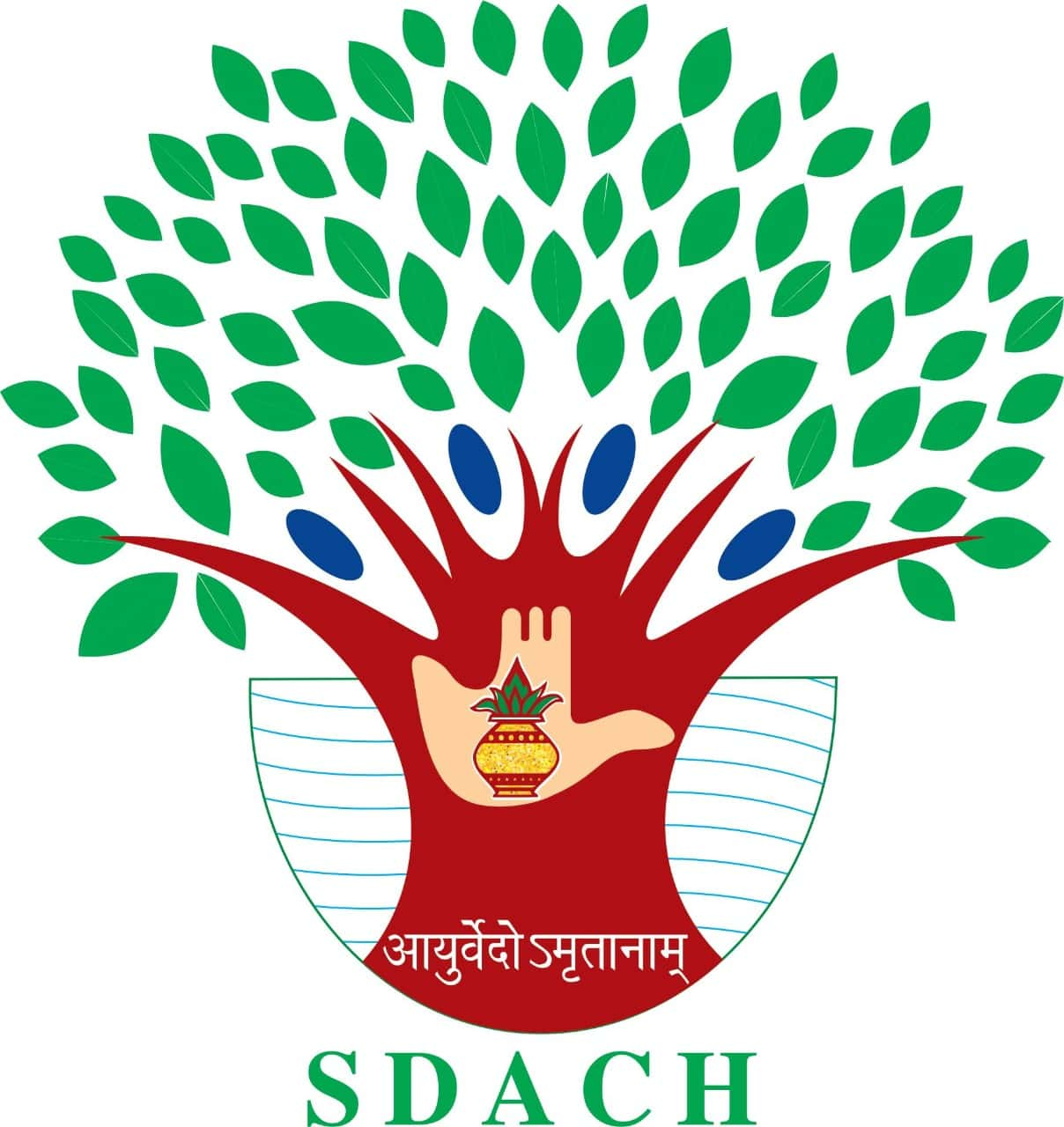Botanical Name : Coriandrum sativum Linn.
Family : Umbelliferae; Apiaceae
Introduction :
It is the one of the important herb used in fever & indigestion.
Scientific classification: Coriander belongs to the family Apiaceae (formerly Umbelliferae). It is classified as Coriandrum sativum.
Names in different Indian languages :
Hindi : Dhaniya
Telugu : Dhaniyalu
Tamil : Kottamalli
English : Coriander
Kanada : kottambri
Bengali : Dhane
Gujarati : Dhana
Malayalam : Kottamalli
Sanskrit : Dhanyakam, dhanaka
Unnani : Kishneez
Synonyms :
Kustumburu, Dhaanyeyaka, Dhanika, Dhanikaa, Dhaanaa, Dhaanya, Dhaniyaa, Kunati, Chhatraa, Vitunnaka.
Classification according to Charaka, Susrutha & Vagbhata :
Charaka
Trsnaprasamana, sitaprasamna
Susrutha
Guducyãdi
Vagbhata
Guducyãdi
Morphology :
A glabrous aromatic, Annual plant, 40-80 cm. high.
Leaves- Decompound, two kinds, the lower ones petioled, imparipinnate into 3-4 pairs of cruciform, obtuse, incised-dentate segments, :the upper ones short-petioled or sub sessile,
Flowers- small, white or pinkish purple, terminal umbels 5-10 rayed.
Fruits: fruits yellowish brown, globular, ribbed, separating into two halves each containing a seed.
Distribution & Habitat :
Widely cultivated in North India
Chemical composition :
Seeds contain volatile oil ,stable oil, resin, astringent principle, malic acid and alkaloids, coriander oil contains coriandrol, cirenyol and vebriniol, Carotene cugenol, bergapten, coriandrinol (glucoside), citronellol, coriandrin, dihydrocoriandrin, coriandrone A & B gnaphalosides A & B etc.
Properties :
Rasa Kasãya, Tikta,
Guna Laghu, Snigdha
Virya Usna.
Vipäka. Madhura
Karma : Tridosahara, Dipana- pachana, Grahi
Stimulant, stomachic, carminative, antispasmodic, diuretic, hypoglycaemic ,anti-inflammatory
Part Used :
Fruits, whole plant (leaves mainly)
Dosage :
Fruit powder 3-6g:
Indications :
Jvara, Dãha, Trsnã, Chardi, Kãsa, svãsa, Krimi, Arsas
hiccough, piles, jaundice, thermogenic, digestive, diuretic, anti pyrectic, anorexia, burning sensation, conjunctivitis, epitasis erysipelas, fever, gout, giddiness.
External use :
Local application Of coriander seeds alleviates swelling and pains. Paste of green coriander has very good action on headache caused by pitta. Externally, powdered green coriander alleviates burning sensation and pain in diseases like inflammation caused by pitta. erysipelas and lymphadenopathy.
Internal use :
Central nervous system : Tonic for majja dhatu. Only-pulp from coverless coriander should be taken and boiled with milk. This milk cures vertigo, syncope and memory loss.
Digestive system : Being antidypsetic, appetizer, digestive, astringent, liver stimulant and anthelmintic. Repeated administration of coriander water is effective in distaste,, anorexia, indigestion, dysentery, diarrhoea abdominal pain, piles
Circulatory system : Green coriander is effective in bleeding disorders.
Respiratory system : Useful in cough and dyspnoea induced by kapha .
Urinary system : It is the best diuretic. it is effective in dysuria and retention of urine which commonly occurs in summer season.
Reproductive system : It is an astringent because of which it reduces shukra dhatu.
Temperature : Febrifuge and refrigerant. In fever, to alleviate fever and thirst, coriander water
Important Yogas or Formations :
Dhanyakadi Hima, Dhanyapanchaka, Dhanyachatushka.
Therapeutic Uses :
(1) Amavãta— Decoction prepared with Dhanyaka & sunthi is useful for Dipana &. Pãchana. In combination with Erandamula it allivates the pain in arthritis.
(2) Jvara— Decoction of Dhãnyaka & Amalaki and Lavana dravyas is useful (S.S.Ut.49/30).
(3) Chardi— Dhanyaka mixed with Amla and Lavana dravyas is useful (S.S.Ut.49/30).





